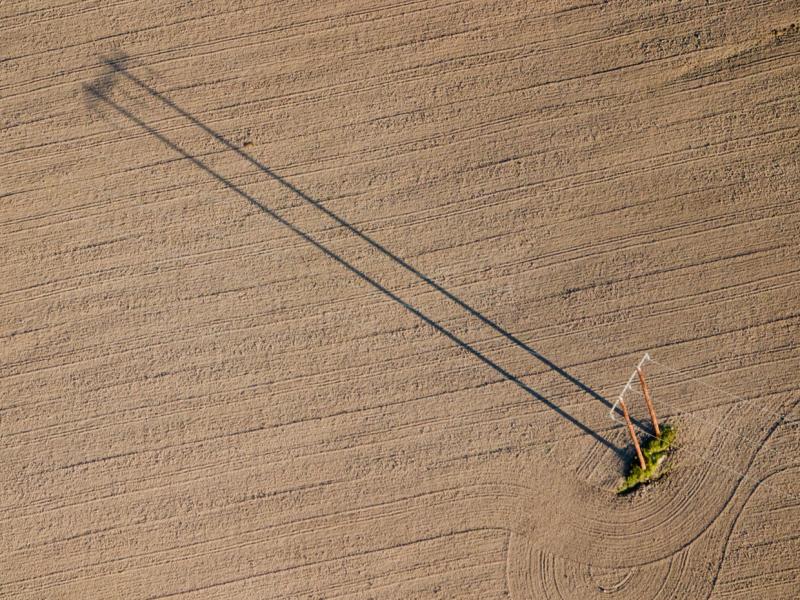Never before have Australian farmers and businesses had so much deferred tax on their books for unsold produce, deferred income, accelerated expenses, farm management deposits, or unrealised capital gains.
Of the two major tax planning strategies, tax saving and tax deferral, genuine tax saving is increasingly more difficult to access.
Small business Capital Gains Tax (CGT) concession should be renamed ‘very small business’ as many farms can no longer meet the $2M turnover threshold nor the $6M net assets eligibility as the ATO increase scrutiny on those trying to do so. Income sharing/splitting via trust distributions to all available adult beneficiaries now has additional obligations and restrictions, again with the ATO watching closely. Even the old favourite PP income averaging is less effective with consistently higher farm profits and bracket creep keeping the average tax rate higher.
So, tax deferral has become our best means to keeping the tax bill palatable and manageable, we have become very good at kicking the can further down the road.
Good rainfall and large harvests in recent years have resulted in more deferred payment/deferred delivery grain contracts, wool clips retained holding out for better prices, increasing farm management deposits every year when the cash flow allows, delaying sales and invoicing; these are all pushing income and therefore tax into a future year.
Bringing expenses forward is also a means of deferring tax, essentially stealing next year’s tax deductions. In 2020 the government introduced the ultimate example of this as part of the Covid-induced economic stimulus measures, allowing the immediate write-off of all new depreciable assets. Depreciation has always been tax deductible over the effective life of the asset, IWO allowed businesses to claim 100% of the capital expenditure in the year of purchase.
In 2021, most small businesses could claim all future depreciation on existing assets owned, the ultimate sugar hit of tax deductions. Please know this is not a gift from the government, you were always entitled to these, you’ve just received them early to help you through Covid.
So now, all available depreciation has already been claimed, the tax values of all owned business assets are nil. Proceeds from the sale of any of these is now 100% taxable income. Immediate write-off of new assets ceases on 30th June 2023 after which we are back to claiming depreciation over its effective life. Therefore, offsetting the taxability of an asset sale with the purchase of an expensive replacement asset just isn’t going to work, you will have additional tax to pay on the changeover transaction.
30th June 2023 after which we are back to claiming depreciation over its effective life. Therefore, offsetting the taxability of an asset sale with the purchase of an expensive replacement asset just isn’t going to work, you will have additional tax to pay on the changeover transaction.
Tax planning this year and going forward will need to be different. We will be looking ahead two to three years to understand the cash flow impact of what’s coming. The catch-up effect of PAYG will be significant. Tolerance levels towards tax may need to be reset.
There are certainly actions, strategies, restructuring, leasing, etc. to consider and implement, but it will not be business as usual.
For more information
If you would like to get your tax affairs in order, please contact your local RSM office.




